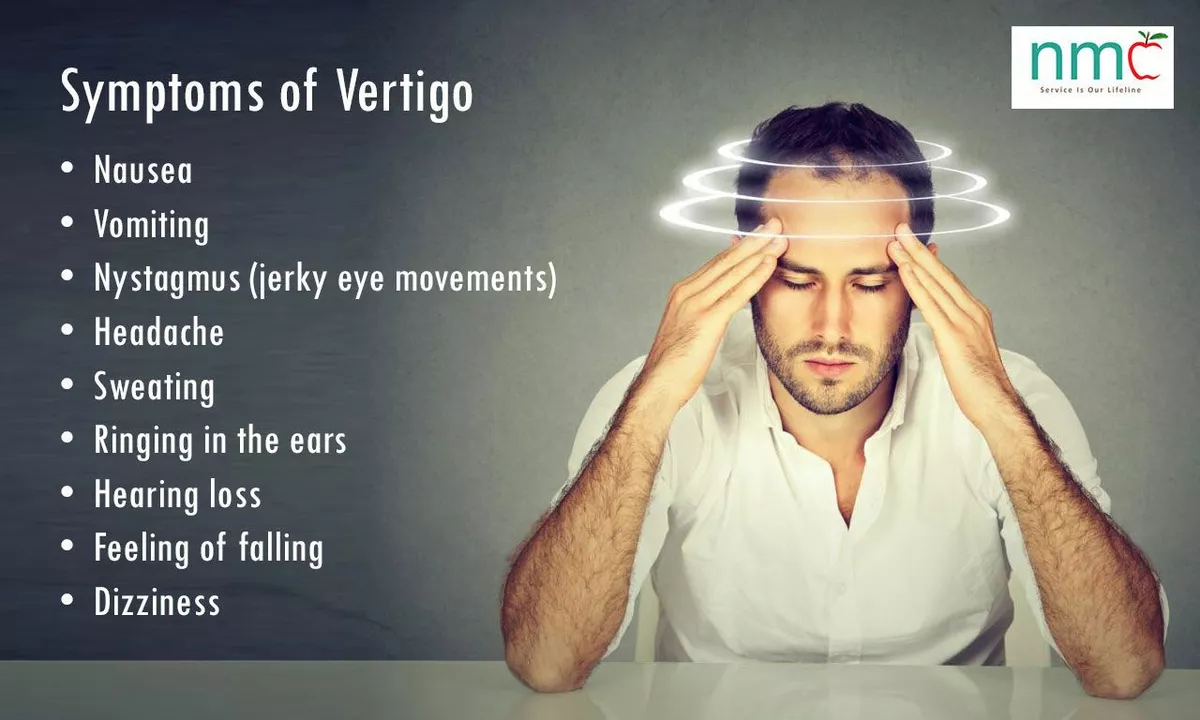Allergies: Fast, Practical Help and Safe Medicine Tips
Allergies can hit out of nowhere — sneezing, itchy eyes, or a stuffy nose that ruins your plans. You don’t need complicated explanations. Below are straightforward steps you can use right now, what medicines actually help, and how to buy allergy meds safely online.
Quick, practical steps to ease symptoms
First, identify common triggers: pollen, dust mites, pet dander, mold, and some foods. If you suspect pollen, check local pollen counts and stay indoors on high days. For dust mites, use dust-mite mattress covers, wash bedding weekly in hot water, and reduce carpeted areas if you can. If pets trigger you, keep them out of the bedroom and wash hands after touching them.
For immediate relief try saline nasal rinses to clear dust and pollen from your nose. Cold compresses on itchy eyes help a lot. If swelling or breathing problems appear, treat it as an emergency — call emergency services right away.
Medications that work and how to use them
Over-the-counter options that actually help: second-generation antihistamines like cetirizine or loratadine for sneezing and itching — they cause less drowsiness than older antihistamines. For nasal congestion and inflammation, an intranasal steroid spray (fluticasone, budesonide) used daily is usually the best choice; they take a few days to reach full effect but reduce long-term symptoms.
For severe eye symptoms, antihistamine eye drops (olopatadine) give fast relief. If you have exercise-induced or sudden breathing problems, keep a prescribed inhaler handy. People with a history of anaphylaxis must carry epinephrine (EpiPen) and know how to use it.
If over-the-counter meds don’t help after a week or two, see a doctor. Allergy testing (skin or blood tests) can identify triggers, and allergists may offer immunotherapy — regular allergy shots (SCIT) or sublingual tablets (SLIT) that change how your immune system reacts over months or years.
Shopping for meds online? Verify pharmacies before you buy. Look for a clear business address, pharmacist contact, secure payment (https), and valid licensing. Prescription medicines should require a valid prescription. Check user reviews from independent sites, not just the store page.
Avoid bargain sites selling prescription meds without a script — the drugs may be fake or expired. When you order, inspect packaging and expiry dates on arrival. If a medication looks off or causes unexpected symptoms, stop using it and consult a pharmacist or doctor.
Want a simple plan? Start with lifestyle fixes and saline rinses, add a non-drowsy antihistamine, switch to a nasal steroid for persistent nasal symptoms, and see an allergist if problems continue or are severe. Keep emergency meds like epinephrine if you’re at risk. Smart choices and safe buying keep your allergy season under control without unnecessary risks.
Vertigo and Allergies: How Seasonal Changes Can Trigger Symptoms
As a blogger, I've recently delved into the connection between vertigo and allergies, specifically how seasonal changes can trigger symptoms. It turns out that during times of high pollen levels or other allergens, our bodies can react by causing inflammation in the inner ear, which can lead to vertigo. Additionally, the congestion and pressure experienced during allergy season can also contribute to this disorienting sensation. It's important to recognize these triggers and take appropriate measures, such as using allergy medications or seeking professional help, to manage both allergies and vertigo. So, watch out for those seasonal changes, and take care of yourself to minimize the impact of vertigo and allergies on your life.
© 2026. All rights reserved.

